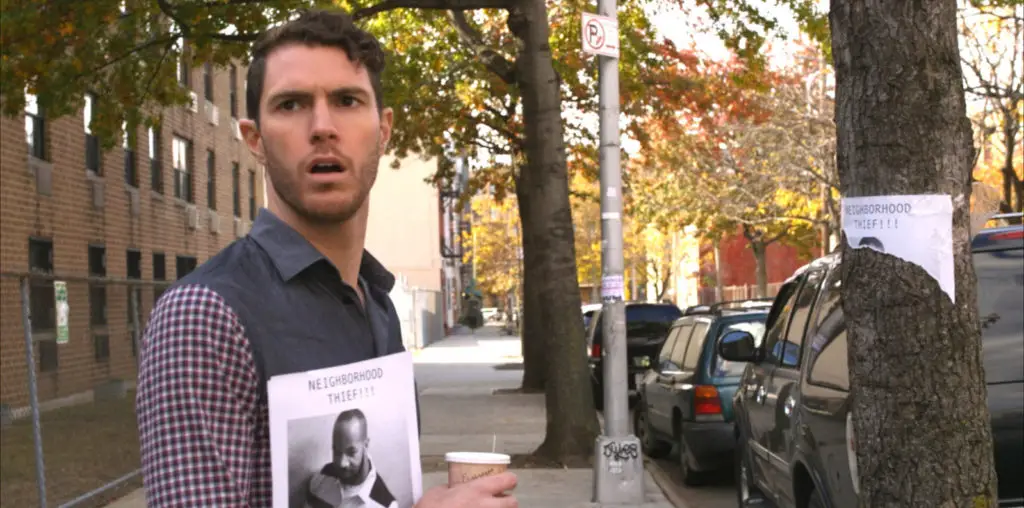
Even though Jackie Chan did not direct “The Myth,” (Stanley Tong), he did produce it; and his creative input echoes throughout this genre-bending action film. Shot in China, Hong Kong, and Hampi, India, “The Myth” is a comedy of epic proportions. Combining historical fantasy, martial arts, and science-fiction, Tong’s film follows archaeologist Jack (Jackie Chan) and scientist William (Tony Leung Ka-Fai) on their adventures in investigating the veracity of a myth involving immortality, levitation, and a Korean princess-turned-concubine for Emperor Qin towards the end of the Qin Dynasty.
Initially, one may realize the necessity of not just suspending, but completely obliterating disbelief in order to view the film as something other than historical farce or cheesy collage. But because “The Myth” makes no attempt at verisimilitude, logic, or adherence to physics, one must forget about even the idea of taking the film seriously. For instance, Jack doesn’t just stumble upon an ancient relic that suggests Emperor Qin did more than unify China and “disapprove” of intellectuals by burning books and the intellectuals. Instead, Jack has dreams of being a certain General Meng Yi, protector of the Emperor and his new concubine Ok Soo (Kim Hee-Sun). The locations of these dreams offer clues as to how Qin Shi-huang allegedly achieved immortality.
To present this connection in time convincingly, not only would the narrative development have to be believable, but the editing would also have to emphasize it. Other than a few temporal transitional shots, “The Myth” might as well be two (or five) different films jumbled into one package of 122 minutes. Ironically, as promotional videos indicate, this project is a culmination of all the movies Jackie has ever wanted to make and all the roles he has ever wanted to portray. Tong’s film subtly parodies “Crouching Tiger, Hidden Dragon,” “Musa: the Warrior,” and references the spirit and storylines of the “Indiana Jones” movies and “Tomb Raider” Furthermore, Jackie speaks in all the languages he knows: Mandarin (for the Meng Yi parts), Cantonese (for the Jack portions), and English (for the Jack-goes-to-India segment). Yes, Jackie and William go to India to find some answers regarding the link between living forever and being able to defy gravity. A nod to his appreciation (?) of Bollywood films, this section features a dance routine and a comedic, non-lethal fighting scene with Indian actress Mallika Sherawat.
Speaking of which, “The Myth” would not be complete if Jackie Chan didn’t demonstrate his expertise in performing “harmless” and extremely entertaining action sequences. It is also ironic that he seems more suitable for this type of fighting, which would explain some of the awkwardness in watching the Qin Dynasty parts where Jackie hurts people. In this respect, he and Jet Li are binary oppositions. While each of them can execute serious and comedic presentations of violence, the former is Jet’s territory and the latter is Jackie’s.
Rather than compare himself with Jet, however, Jackie capitalizes on his own strengths. Amidst the process of turning concept into product, though, he got carried away with doing something simply because he can, because he is Jackie Chan (Tony Leung Ka-Fai spends most of the movie screaming out “Jack!”). The most remarkable feat of this whole film is receiving Mainland China’s governmental support in the form of permission to shoot a scene at the Museum of Qin Terracotta Warriors. Tong didn’t just film outside the museum, or above the soldiers. He and the film crew were allowed in the pit. The experience of making this movie must’ve been unforgettable—too bad “The Myth” itself isn’t as memorable.
Disagree with this review? Think you can write a better one? Go right ahead in Film Threat’s BACK TALK section! Click here>>>
